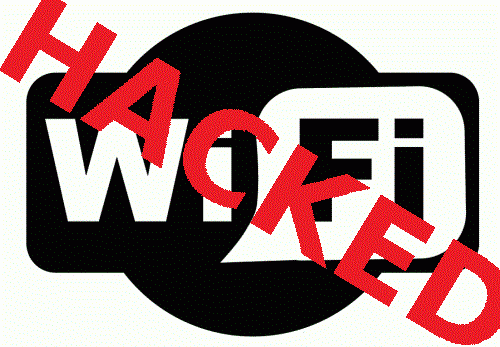How to Avoid Being Hacked On Public WIFI

Wireless networking allows you to get quick access to the internet mainly through a computer or cell phone. You may fall victim to different types of viruses on the internet especially when you are connected to an unsecured wireless network outside your home.
The so-called “key-loggers” or “hackers” steal or remove your personal data such as login and password details of your messengers, websites or access to mailboxes from the computer or device through which you are connected.
However, not every computer is easy to crack given that there a lot of anti-malware and antivirus software available in the market.
Instructions
-
1
Use proven and capable antivirus software from a renowned company. Nowadays, good antivirus software does not cost a lot of money and you can get constant updates from the server. These updated usually contain information about new viruses and how to combat them. Do not ignore the suggestions given by the antivirus software and do not turn off the security on your computer while using programmes such as Avira, Norton, McAfee etc.
-
2
Do not run files with the extensions such as .exe, which are not secured. Always remember that hackers get access to your system through different types of viruses. These viruses can be hidden in archives and even photos. Especially, it is not necessary to run the file, if your antivirus informed you about a minor threat. Do not go to the page in a browser where your antivirus reports threatening content.
-
3
Always update the browser you are currently using. If possible, do not store passwords and logins to websites in the browser, enter them manually. It will take time to get access to the desired page but in this way you will avoid any risk of letting someone check your password. Do not use simple combinations of symbols while choosing a password because hackers use easy password-cracking programmes. Do not share your personal information with anyone. Also, do not give any personal information to any website even if it reports that it is secure.
-
4
If your friends have reported that they get a spam message from your account and when social networks start sending messages on your behalf, it is highly recommended to use the password recovery service quickly. Try to change your password and inform the social networking site about the issue.
-
5
High-quality antivirus software and staying alert will let you save your personal data on your device and discourage hackers from breaking into your accounts.







